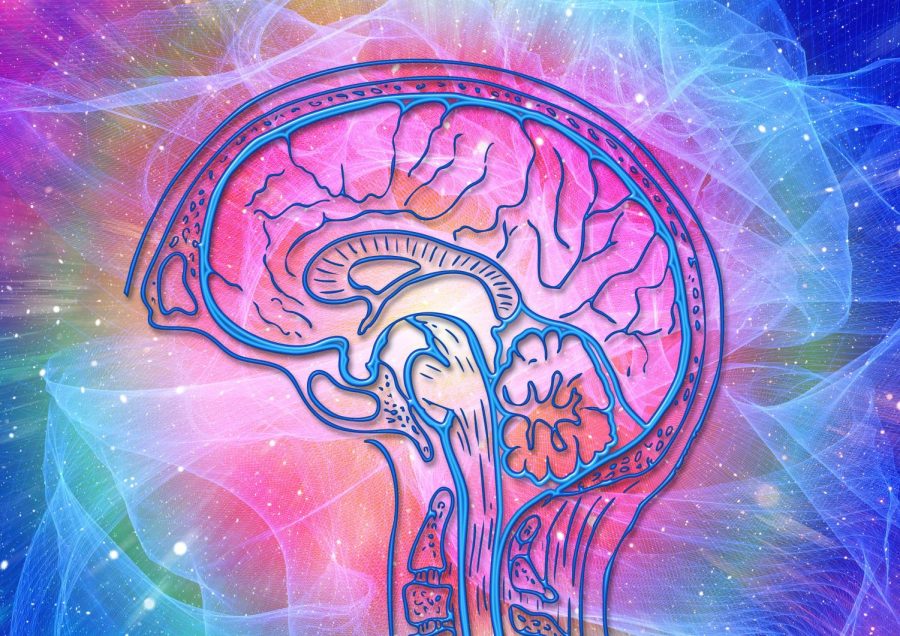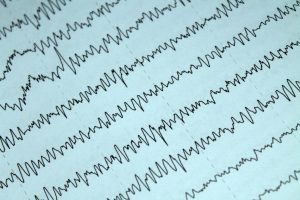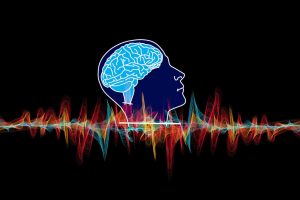Does life flash before your eyes? First-ever scan of a dying human brain suggests it’s possible
A team of scientists unintentionally recorded the brainwaves of an 87-year-old man as he died, offering the first peek at what happens in the brain during the last stages of life.
March 4, 2022


 Researchers discovered this theory in 2016 while studying the brain activity of an 87-year-old man with epilepsy. The team performed an electroencephalogram (EEG), a test that detects electrical activity in your brain to learn more about what was happening during his seizures. During the neurological recording, however, he suffered a fatal heart attack, creating the first-ever recording of a dying brain.
Researchers discovered this theory in 2016 while studying the brain activity of an 87-year-old man with epilepsy. The team performed an electroencephalogram (EEG), a test that detects electrical activity in your brain to learn more about what was happening during his seizures. During the neurological recording, however, he suffered a fatal heart attack, creating the first-ever recording of a dying brain. The actual phenomenon of replaying past memories when you die has been reported by several people who’ve had near-death experiences. However, this is only the first scientific evidence that the “flash” that they have is real. Although, since this is just a case study, it’s impossible to make any assumptions about how often this happens or how the experience might be.
The actual phenomenon of replaying past memories when you die has been reported by several people who’ve had near-death experiences. However, this is only the first scientific evidence that the “flash” that they have is real. Although, since this is just a case study, it’s impossible to make any assumptions about how often this happens or how the experience might be.








